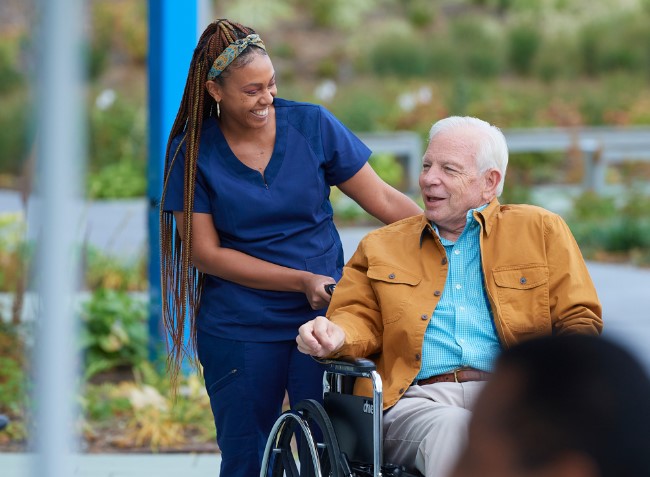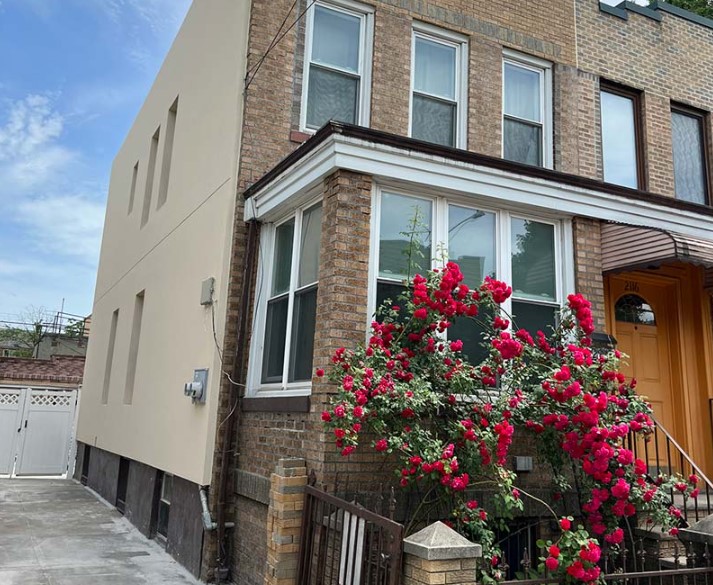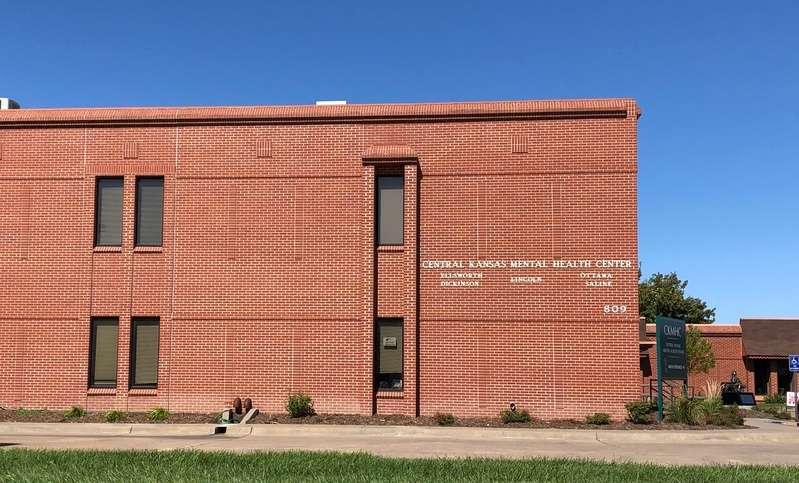Lawsuit alleges sexual battery by UCLA doctor

A former UCLA student has sued the university, alleging she was sexually battered as a patient by gynecologist Edward Wiesmeier, who oversaw student health services for a quarter-century.
As an undergraduate in 2000 or 2001, the woman, identified as Jane Doe in the lawsuit, went to the UCLA Student Health Center for routine gynecological care. Instead, court documents show, she “was subjected to sexual contact and — later — to an excruciatingly painful and sexually abusive ‘procedure’ by Dr. Wiesmeier,” who at the time was an assistant vice chancellor at the university.
The lawsuit, filed Thursday in Los Angeles County Superior Court, alleges that Wiesmeier engaged in medically unnecessary touching of young women’s body parts for his sexual gratification. It names both the doctor and the university system as defendants and alleges civil rights violations, sexual battery, negligence and intentional infliction of emotional distress.
Wiesmeier, who worked at UCLA from 1974 to 2007, was one of a handful of physicians named in the UCLA Special Committee Review released last year detailing previous failures that mirrored complaints against Dr. James Heaps. Heaps has been charged with sexually assaulting hundreds of patients while working as a gynecologist at UCLA.
In the 2020 special committee report, several current and former UCLA student health center employees who worked with Wiesmeier informed the committee that he “engaged in the following conduct during exams: ignoring patients’ requests that he not perform certain sensitive exams on a few occasions; appearing to become sexually aroused during exams on a few occasions; and consistently performing non-standard sensitive exams, including unnecessary and repeated touching of the vagina and clitoris.”
Jennifer McGrath, who represents Jane Doe, said the lawsuit “demonstrates the continuation of a pattern of malfeasance by UCLA Health.”
“As UCLA’s own special committee report acknowledges, Dr. Wiesmeier’s treatment of UCLA students far exceeded the boundaries of acceptable medical practice, and we believe was, in fact, sexual assault,” McGrath said. “UCLA Health could have conducted their investigation more than a decade ago, but chose to turn a blind eye until it needed to protect its own reputation, in the wake of hundreds of claims of sexual assault against other UCLA doctors. We may never be able to determine how many sexual assaults could have been prevented had UCLA Health only acted responsibly.”
Documents obtained by The Times show the university launched a Title IX investigation into Wiesmeier last year, although UCLA officials couldn’t comment on or confirm its existence.
But Steve Ritea, UCLA’s executive communications officer, said in a statement that “sexual misconduct in any form is an inexcusable breach of the physician-patient relationship and we are committed to holding violators accountable.”
In making its findings available, the 2020 special committee noted it could find no record of any complaints involving Wiesmeier despite comments by former health center employees to investigators.
“The special committee’s report described deeply troubling incidents reflecting alleged conduct completely antithetical to UCLA’s values and found that some of the conduct was preventable,” Ritea said Thursday, noting that even before the committee convened, the university put in place “important policy and organizational changes designed to prevent, identify and address sexual misconduct.”
The suit says both UCLA and the UC Regents failed to adequately monitor Wiesmeier and other physicians at the campus student health center and did not train employees or establish procedures to encourage the prompt reporting of misconduct.
Attempts to reach Wiesmeier’s attorney on Thursday were unsuccessful.
Investigations into Wiesmeier and four other doctors employed by UCLA were “at times either delayed or inadequate or both,” the suit states. UCLA also failed to ensure that “chaperones who [were] present during sensitive exams were … adequately trained to understand when physicians [were] acting outside the standard of care,” court records show.
The 2020 committee was formed after a growing number of women sued the university alleging Heaps had sexually assaulted them during his lengthy tenure at UCLA. The university agreed last year to pay a $73-million class settlement, but more than 300 women are continuing litigation against UCLA.
Heaps has pleaded not guilty to 21 felony sex charges. Since his arrest in June 2019, hundreds of women have come forward to allege that Heaps subjected them to sexually inappropriate comments, touched them sexually during exams without wearing gloves and simulated intercourse with an ultrasound probe.
The UC system has acknowledged staff members received complaints about Heaps dating back to the 1990s, and even after a detailed report in 2017 and subsequent investigations, it took a year for him to leave. UCLA made no public statements about Heaps’ conduct upon his retirement in 2018, when it declined to renew his contract.
The Wiesmeier suit alleges that UCLA has defended the former assistant vice chancellor’s academic work, referring to an academic “study” he carried out relating to clitoral adhesions. “Referencing this study appears to have involved a misplaced attempt to give some credence or legitimacy to what Dr. Wiesmeier was doing,” court papers state.
The suit says this “purported academic research” was a ruse conducted on young female patients, including Jane Doe, who didn’t know they were part of a “study” and did not give consent.
Court papers show that Wiesmeier began by examining the defendant’s pelvis but then “engaged in a medically unnecessary physical examination of her clitoris, touching and manipulating it with a Q-tip.” He then claimed she needed a procedure on her sex organ and, at her next appointment, “inappropriately questioned plaintiff about her sexual practices” before “aggressively” manipulating parts of her genitals.
“Dr. Wiesmeier was forced to stop what he was doing to the plaintiff after several minutes because she was screaming out in pain and begging him to stop,” the suit states.
After the doctor left the room, a nurse told the woman “she did not understand why he is doing this to you girls,” court records show.
Jane Doe, who was in her early 20s at the time, suffered years of anxiety but only “realized now” — after UCLA’s public acknowledgment of wrongdoing by its physicians — that Wiesmeier’s exams were for “sexual gratification,” the suit states.
Darren Kavinoky, who represents the woman along with McGrath, said the victim “has had her life changed forever by a doctor seeking personal sexual gratification.”
“No woman should ever be subjected to this, and no institution should protect doctors that commit these heinous acts.”
Ritea said the university is grateful to those who have shared information in the interest of ensuring safety.
“We are deeply sorry that any of our patients were mistreated in the course of care,” he said. “UCLA is committed to continually evaluating and strengthening policies and procedures to protect the dignity of every patient.”







